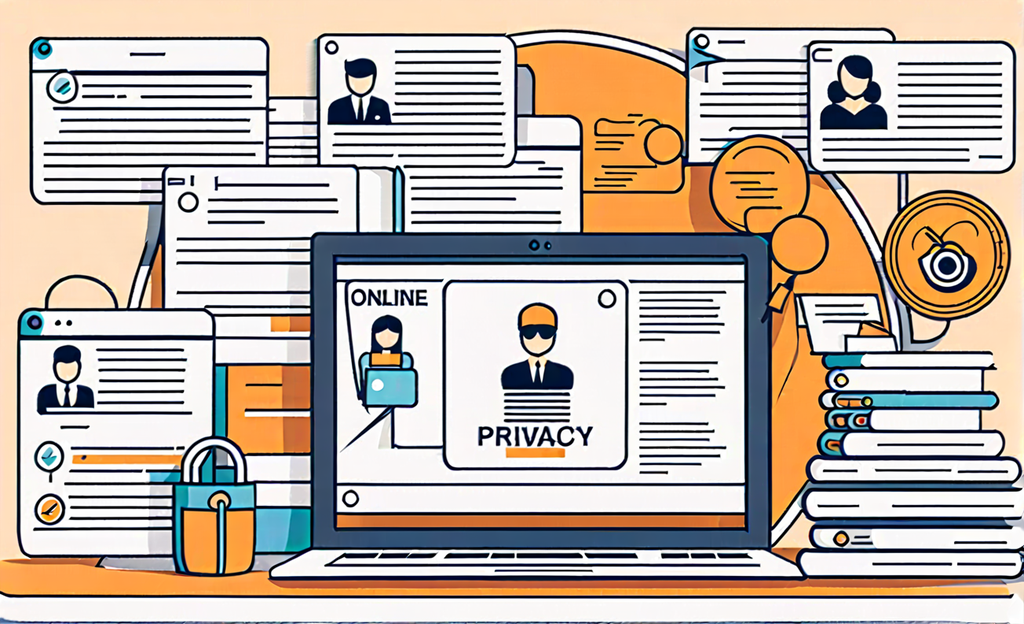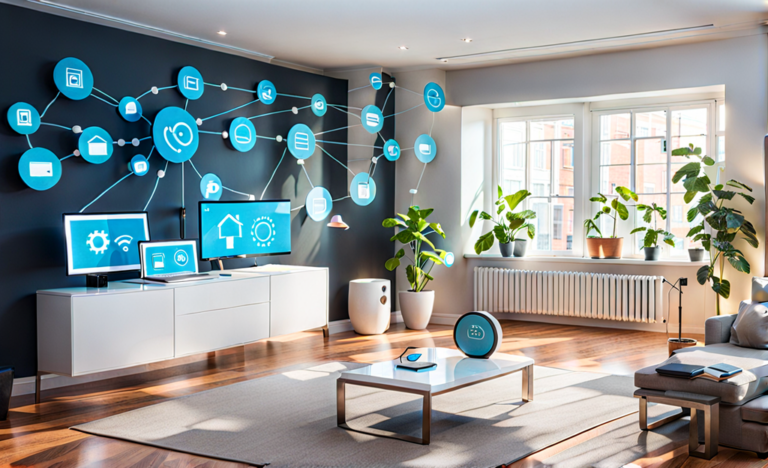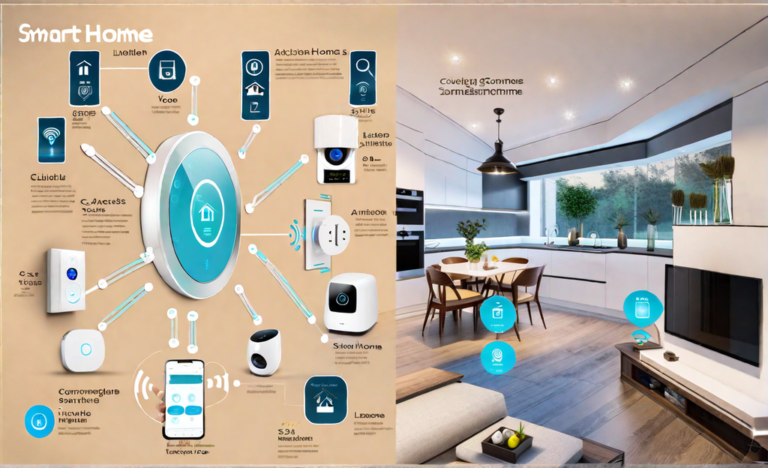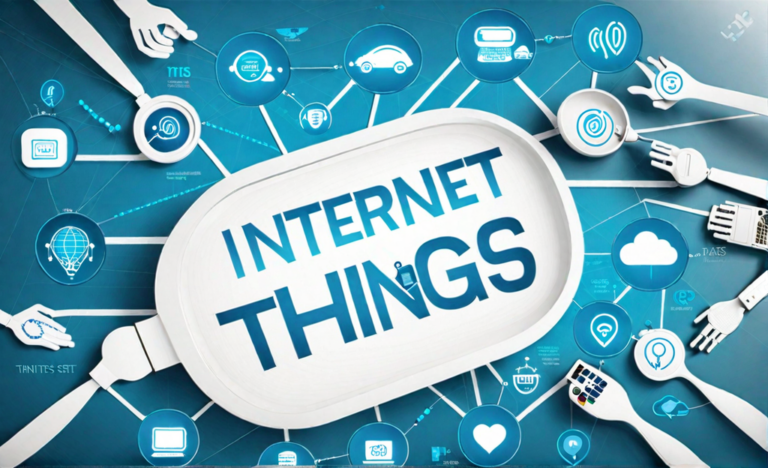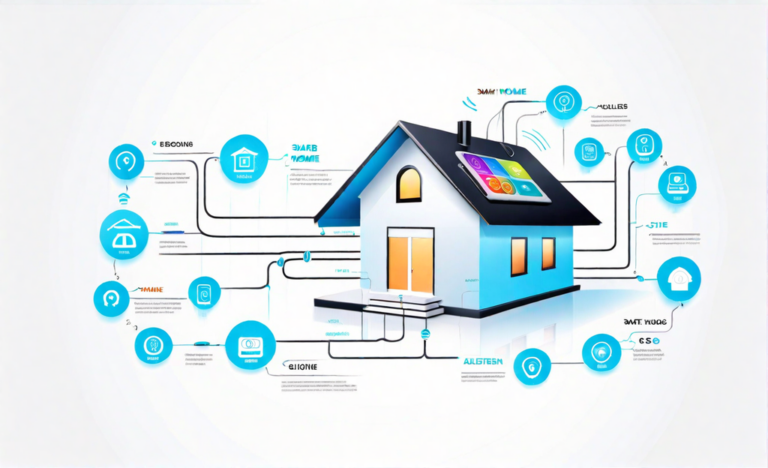Smart Home Technology and Privacy
Introduction
Smart home technology is rapidly transforming the way we live, work, and play. From smart thermostats and security cameras to smart speakers and doorbells, smart home devices are making our lives more convenient, efficient, and secure.
However, the convenience and security benefits of smart home technology come at a cost: privacy. Smart home devices collect a vast amount of data about our homes, our daily activities, and our relationships. This data can be used to track our movements, monitor our habits, and even target us with advertising.
What data do smart home devices collect?
Smart home devices collect a wide range of data, including:
- Location data: Smart home devices such as thermostats, security cameras, and smart speakers can track our location. This data can be used to see where we are at all times, even when we are not using our smart home devices.
- Usage data: Smart home devices can track how we use them, such as when we turn on our lights or adjust the thermostat. This data can be used to see how we spend our time in our homes and to develop targeted advertising campaigns.
- Voice recordings: Smart speakers such as Amazon Alexa and Google Assistant can record our voice commands. This data can be used to improve the accuracy of voice recognition and to develop new products and services.
- Video recordings: Smart security cameras can record video of our homes and properties. This data can be used to deter crime and to provide evidence of crimes that do occur.
How is this data used?
Smart home companies use the data they collect in a variety of ways, including:
- To improve their products and services: Smart home companies use data to develop new features and improve the accuracy of their products. For example, smart thermostat companies use data to develop algorithms that can more accurately predict our heating and cooling needs.
- To sell targeted advertising: Smart home companies sell data to third-party advertisers, who use it to target us with ads that are relevant to our interests. For example, a smart speaker company might sell data about our music listening habits to an advertiser who wants to target us with ads for new music products.
- To develop new products and services: Smart home companies use data to develop new products and services. For example, a smart thermostat company might use data about our heating and cooling habits to develop a new app that helps us save money on our energy bills.
Privacy concerns
The collection and use of data by smart home companies raises a number of privacy concerns, including:
- Tracking: Smart home devices can be used to track our movements and monitor our habits. This data could be used to create a detailed profile of our daily lives. This information could then be used to target us with advertising, sell our data to third-party companies, or even be used against us in the future.
- Surveillance: Smart security cameras can be used to surveil our homes and properties. This could be used by criminals or by governments to monitor our activities. For example, a government could use smart security camera data to track the movements of dissidents or to monitor protests.
- Targeting: Smart home data could be used to target us with advertising or to manipulate our behavior. For example, an advertiser could use data about our browsing history to target us with ads for products that we are likely to be interested in. Or, a government could use data about our social media activity to target us with propaganda.
How to protect your privacy
There are a number of things you can do to protect your privacy when using smart home technology:
- Choose your devices carefully: When choosing smart home devices, consider the privacy implications of each device. For example, some smart speakers allow you to disable voice recording, while others do not.
- Read the privacy policy: Read the privacy policy of each smart home company before you start using their devices. This will help you to understand how your data is being collected and used.
- Limit data collection: Many smart home devices allow you to limit the data they collect. Take advantage of these settings. For example, you can disable location tracking on smart home devices that don’t need it.
- Use strong passwords: Use strong passwords for all of your smart home devices. This will help to protect your devices from unauthorized access.
- Keep your software up to date: Keep the software on your smart home devices up to date to ensure that they are secure. This will help to protect your data from being hacked.
Additional tips:
- Use a VPN to encrypt your traffic when using smart home devices. A VPN will help to protect your data from being intercepted by hackers or government agencies.
- Be aware of the privacy settings on your smart home devices and adjust them as needed. Many smart home devices have a variety of privacy settings that you can adjust. For example, you can disable voice recording or location tracking on many smart speakers and thermostats.
- Consider using open source smart home solutions. Open source smart home solutions are more transparent about how they collect and use data. They are also more likely to be secure and customizable.
Smart home technology can offer a number of conveniences and benefits. However, it is important to be aware of the privacy risks before using smart home devices. By following the tips above, you can help to protect your privacy and still enjoy the benefits of smart home technology.
Recommendations for policy makers and industry
In addition to the steps that individuals can take to protect their privacy, there are also a number of things that policy makers and industry can do to improve privacy in the smart home.
Policy makers:
- Enact laws that require smart home companies to be transparent about how they collect and use data.
- Require smart home companies to obtain consent from users before collecting or using their data.
- Give users more control over their data. For example, users should be able to opt out of data collection and targeted advertising.
- Provide resources to help consumers understand their privacy rights and how to protect their privacy.
Industry:
- Develop industry standards for privacy in the smart home. These standards should be based on the principles of transparency, consent, and user control.
- Develop new technologies that can help to protect user privacy. For example, companies are developing encryption technologies that can help to protect data from being intercepted by hackers or government agencies.
- Educate consumers about privacy in the smart home. Companies should provide clear and concise information about how they collect and use data. They should also make it easy for consumers to opt out of data collection and targeted advertising.
By taking these steps, policy makers and industry can help to create a smart home environment that is more secure and private for everyone.
